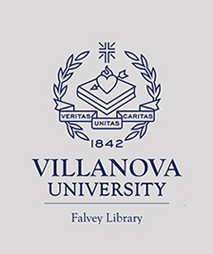Robot Consciousness Physics and Metaphysics Here and Abroad
##plugins.themes.bihistory.article.main##
Abstract
Interest has been renewed in the study of consciousness, both theoretical and applied, following developments in 20th and early 21st century logic, metamathematics, computer science, and the brain sciences. In this evolving historical narrative, I explore several theoretical questions about the types of artificial intelligence and offer several conjectures about how they affect possible future developments in this exceptionally transformative field of research. I also address the practical significance of the advances in artificial intelligence in view of the cautions issued by prominent scientists, politicians, and ethicists about the possible historically unique dangers of such sufficiently advanced general intelligence, including by implication the search for extraterrestrial intelligence. Integrating both the theoretical and practical issues, I ask the following: (a) is sufficiently advanced general robotic intelligence identical to, or alternatively, ambiguously indistinguishable from human intelligence and human consciousness, and if so, (b) is such an earthly robotic intelligence a kind of consciousness indistinguishable from a presumptive extraterrestrial robotic consciousness, and if so, (c) is such a human-created robot preferably able to serve as a substitute for or even entirely supplant human intelligence and consciousness in certain exceptionally responsible roles? In the course of this investigation of artificial intelligence and consciousness, I also discuss the inter-relationships of these topics more generally within the theory of mind, including, emergence, free will, and meaningfulness, and the implications of quantum theory for alternative cosmological ontologies that offer suggestive answers to these topics, including how they relate to Big History.
##plugins.themes.bighistory.article.details##

This work is licensed under a Creative Commons Attribution 4.0 International License.
Authors who publish with this journal agree to the following terms:- Authors retain copyright and grant the journal right of first publication with the work simultaneously licensed under a Creative Commons Attribution License that allows others to share the work with an acknowledgement of the work's authorship and initial publication in this journal.
- Authors are able to enter into separate, additional contractual arrangements for the non-exclusive distribution of the journal's published version of the work (e.g., post it to an institutional repository or publish it in a book), with an acknowledgement of its initial publication in this journal.
- Authors are permitted and encouraged to post their work online (e.g., in institutional repositories or on their website) prior to and during the submission process, as it can lead to productive exchanges, as well as earlier and greater citation of published work (See The Effect of Open Access).



